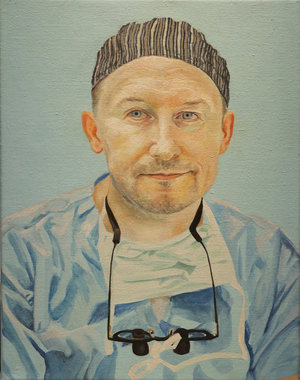AboutFace opens up the complex world of ethics, emotions, economics, politics and appearance in which face transplants take place. While we seek to inform patient-focused best practice and acquire patient voices, our role is not to argue in favour of, or against, face transplants, or indeed any other experimental surgery. Rather we seek to understand, as historians, the complex contexts in which the surgery takes place, and the innovative and emotional pathways involved for surgical teams, patients, donor and recipient families, and society as a whole.
That we do so against the backdrop of social and emotional attitudes towards faces, and facial difference, adds to the contemporary relevance of AboutFace. Appearance is political and politicised in 21st century culture, with hierarchical ideas of attractiveness skewed not only by ideas of difference but also conventions of gender, ethnicity, health and class. Research into facial difference and surgery must take account of individual, lived experience, and a skilled Lived Experience Advisory Panel (LEAP), helps to shape our research.
In keeping with our commitment to inclusivity we are judicious and respectful in our use of language and images. While it might be appropriate in some places to use legalistic and surgical language (and these are flagged in specific sections of our website), we generally prefer the terms ‘visible facial difference’ to potentially value-laden terms like ‘disfigurement’. Where we use visual images in the project, we do so with due consideration of context, and their emotional and ethical impacts.
In January 2023, AboutFace moved to King’s College London, where its work encompasses a wide range of technologies of the face. See the new project website here.

